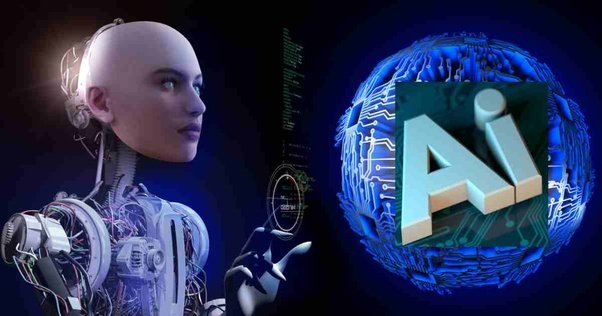Artificial Intelligence, commonly referred to as AI, has become a buzzword in today’s technological landscape. It represents the simulation of human intelligence processes by machines, especially computer systems. But what exactly does AI entail in the context of technology?
Understanding AI in Technology
Definition of AI
At its core, AI encompasses the ability of machines to mimic cognitive functions such as learning, problem-solving, and decision-making. These functions are typically performed by humans and are now replicated by computers through algorithms and data processing.
Evolution of AI
The concept of AI has evolved over decades, from its theoretical beginnings in the 1950s to the present-day advancements driven by machine learning, deep learning, and neural networks.
AI Applications
AI has permeated various sectors, revolutionizing the way tasks are performed and solutions are generated.
Healthcare
In healthcare, AI is used for disease diagnosis, personalized treatment plans, drug discovery, and predictive analytics for patient outcomes.
Finance
In the finance industry, AI algorithms are employed for fraud detection, algorithmic trading, risk assessment, and customer service automation.
Automotive Industry
AI powers the development of autonomous vehicles, enhancing safety, efficiency, and navigation capabilities on the roads.
Entertainment
From recommendation systems on streaming platforms to the creation of lifelike characters in video games, AI is reshaping the entertainment landscape.
Importance of AI in Technology
The integration of AI into technology offers numerous benefits, including increased efficiency, productivity, and innovation. It enables automation of mundane tasks, facilitates data-driven insights, and drives competitive advantage for businesses.
Challenges and Limitations
However, the proliferation of AI also brings forth challenges and limitations that need to be addressed.
Ethical Concerns
Ethical considerations surrounding AI usage include issues of privacy, accountability, and potential biases embedded within algorithms.
Job Displacement
The automation of jobs by AI technologies poses a threat to employment in certain sectors, raising concerns about workforce displacement and economic inequality.
Bias and Fairness
AI systems can perpetuate biases present in the data they are trained on, leading to unfair outcomes and discrimination, particularly in areas such as hiring and criminal justice.
Future of AI in Technology
Despite these challenges, the future of AI in technology appears promising, with continued advancements driving innovation and societal impact. As technology evolves, AI is expected to play an increasingly integral role in shaping various aspects of our lives, from healthcare to transportation to communication.
Conclusion
In conclusion, AI, in the context of technology, represents the emulation of human intelligence by machines, offering unprecedented opportunities for innovation and advancement across diverse industries. While challenges exist, the transformative potential of AI cannot be understated, paving the way for a future defined by intelligent systems and enhanced human-machine collaboration.


